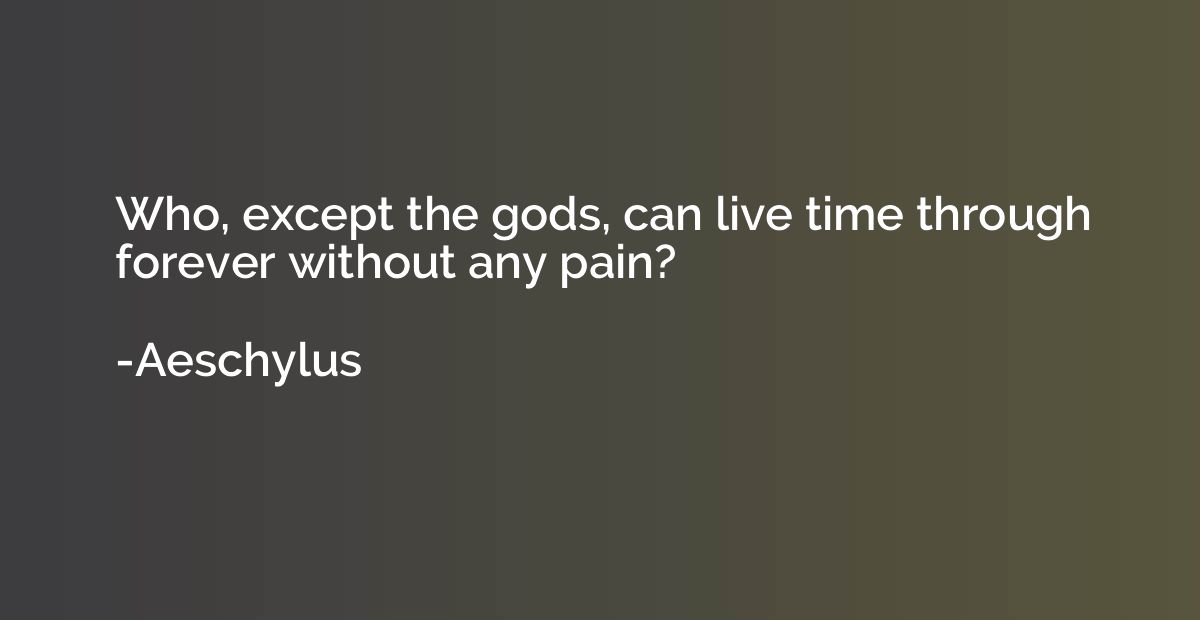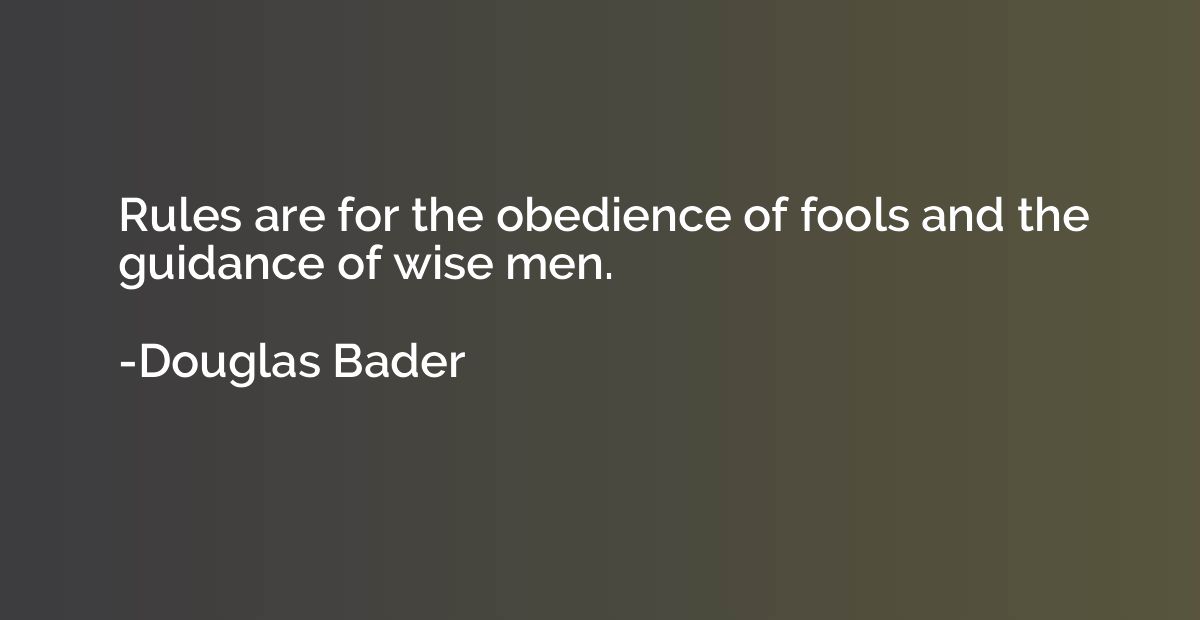Summary
This quote highlights the transient and fragile nature of human existence. It implies that nobody, except the gods, can escape the inevitable experience of pain and suffering throughout their lifetime. It speaks of the universal truth that life is filled with challenges, setbacks, and moments of anguish that affect all individuals indiscriminately. Ultimately, the quote reminds us of our shared vulnerability and the ephemeral nature of our experiences, emphasizing that pain is an intrinsic part of being human.
Topics
Pain
By Aeschylus















